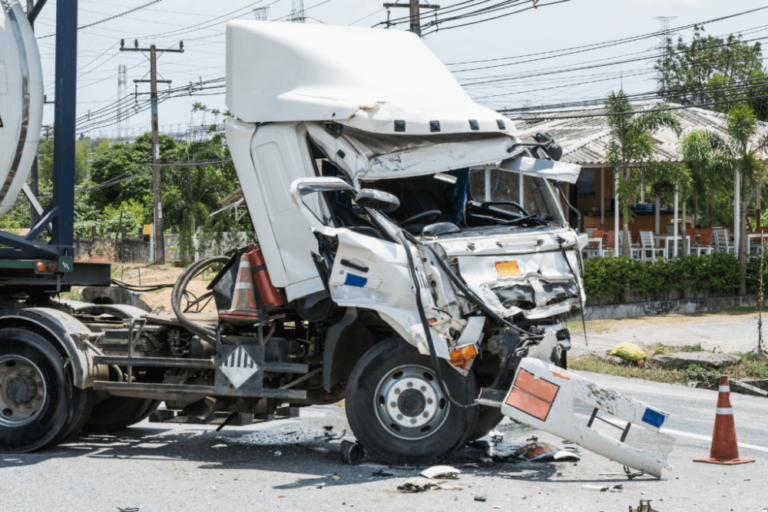Commercial vehicle accidents often result in more than just bent metal and traffic delays—they can cause serious injuries, life-altering consequences, and complex legal battles. Unlike standard car crashes, these cases involve corporate entities, insurance providers, and multiple potentially liable parties. That’s why understanding liability in a commercial vehicle accident isn’t just helpful—it’s essential.
When these accidents happen in a major city like St. Louis, a beautiful city which is known for its bustling riverfront and diverse economy, the stakes can be even higher. With busy highways, heavy truck traffic, and a dense urban environment, collisions often involve commercial trucks, delivery vans, buses, and fleet vehicles operated by businesses. Local laws, industry regulations, and transportation logistics can all influence who is held responsible in the aftermath.
If you’ve been injured in such a crash, don’t navigate it alone. A skilled St. Louis commercial vehicle accident lawyer can help you identify the liable parties, preserve key evidence, and fight for the compensation you deserve.
Now, let’s take a closer look at who can actually be held accountable when a commercial vehicle is involved in a serious accident.
The Driver
It may seem obvious, but the first place to look is the driver of the commercial vehicle. If they were speeding, distracted, under the influence, or violating traffic laws, they could be held directly liable. However, in commercial cases, the driver’s actions are often tied back to the company that employs them.
The Employer or Trucking Company
Under the legal principle known as “respondeat superior,” employers can be held responsible for the actions of their employees as long as those actions occurred during the course of employment. If the trucking company failed to properly train the driver, allowed unsafe driving hours, or pushed unreasonable delivery schedules, they could also be found negligent.
The Vehicle Maintenance Provider
Commercial vehicles must be regularly serviced and maintained to ensure safe operation. If a third-party maintenance company neglected inspections or repairs, and a mechanical failure contributed to the accident, they could be held liable for negligence.
The Manufacturer
Sometimes, accidents happen because of a defective part—a blown tire, failed brake system, or faulty steering component. In these cases, the manufacturer or distributor of the vehicle or its parts may be liable under product liability laws. Establishing this type of liability often requires technical evidence and expert testimony.
The Cargo Loaders
If the vehicle was carrying cargo and that cargo was improperly loaded, unsecured, or overweight, the company responsible for loading it may be at fault. Shifting or falling cargo can directly cause crashes or make injuries worse in the event of a collision.
Government Entities
In rare cases, a government agency may be partially liable if the accident was caused by a poorly maintained road, missing signage, or malfunctioning traffic lights. Suing a government entity involves special legal procedures and shorter deadlines, so it’s critical to act fast.
Final Thoughts
Commercial vehicle accidents involve more than just two drivers—they’re complex events with multiple layers of liability. The trucking company, maintenance teams, cargo handlers, manufacturers, and even government bodies may all share a piece of the blame. That’s why working with an experienced attorney is key.
By investigating every angle and holding the right parties accountable, victims of commercial vehicle accidents can secure the justice and compensation they need to move forward. And it all starts with knowing who can be held liable—and making sure you have the right legal team to prove it.


